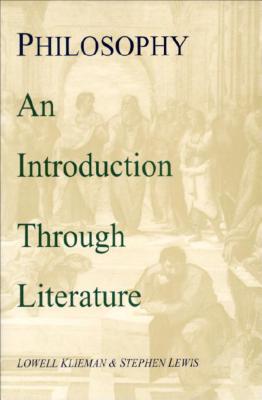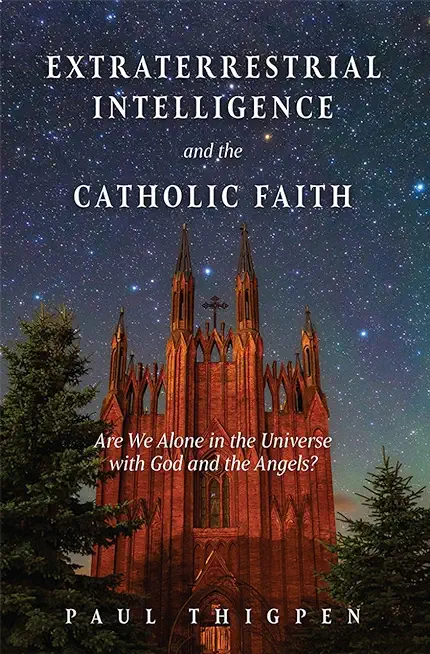
description
8Philosophy and literature are natural allies--philosophy supplying perennial themes raised anew from one generation to the next, literature providing vivid illustrations of the meaning and poignancy of abstract thought. Illuminates basic philosophical concepts through literary worksThis unique text introduces students to philosophy through the medium of great literature. The book is divided into seven parts, each devoted to the illumination of a basic philosophical concept-such as Knowledge, Truth, Personal Identity, Ethics, and justice through the use of literary selections from Sophocles (Oedipus the King), James Joyce (Araby), Kafka (The Metamorphosis), and John Dos Passos (The House of Morgan), among many others. The editors have given special attention to choosing the right combination of literary piece and philosophical issue to ensure that the story or play lend itself to philosophical scrutiny. Selections of the best philosophical writingsThe questions raised by these selections are then explored further through some of the best philosophical writings available, including the writings of Aristotle, William James, Plato, Locke, John Stuart. Mill, and many other classic philosophers, as well as contemporary pieces from Richard Rorty, Peter Unger, John Rawls, John Hick, and others. In each chapter, the editors have attempted to include the clearest presentation of a particular point of view, sometimes going back to an earlier article not generally found in other current texts. Throughout, they have made an effort to balance the analytic tradition with hermeneutics and feminist philosophy. Excellent introduction for studentsEvery chapter is introduced with an essay by the editors that provides a unifying thread through the various philosophical and literary pieces that follow. Each chapter ends with discussion questions and suggestions for further study. The result is a volume that will provide students with a valuable tool for illuminating timeless, as well as contemporary issues, and an introduction to philosophy that they will remember and to which they can return over and over again.
member goods
No member items were found under this heading.
Return Policy
All sales are final
Shipping
No special shipping considerations available.
Shipping fees determined at checkout.







